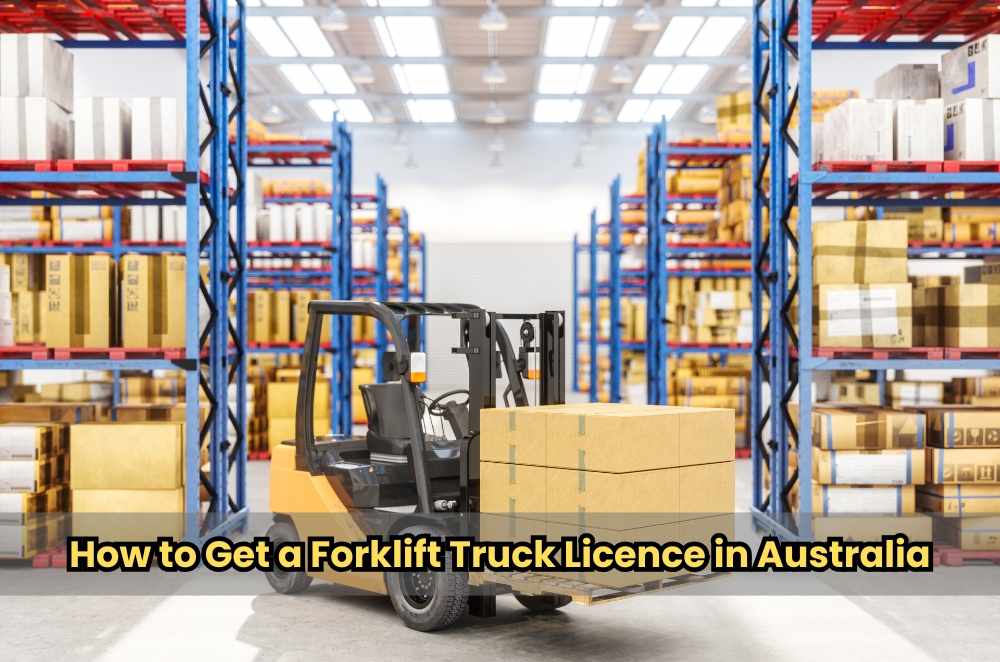
Ever get the sinking sensation? You've acquired that decent labelling job, which your mate told you would mean top bills, but then—wham! They pull you up with this "White Card needed" whammy. You want to get on the site, on the tools, get some readies in your pocket, and cement your name, but this infuriating slab of plastic stands in your way. You must complete a white card training course to ensure you're adequately certified and ready to work safely on-site. In today's mad NSW construction world, with the infrastructure boom happening everywhere around Bankstown and beyond, a White Card is no longer a nice-to-have add-on; it's your entry ticket. Let's dispense with the red tape and get you sorted.
What is a White Card license?
In short, a White Card, or General Construction Induction Card, shows you've done the required safety training to work on any Australian building site. It's your golden handshake to the industry. It's your safety 101, covering everything from hazard recognition to emergency response. In short, it's about keeping you and your mates safe on-site. With the current focus on increased safety standards across NSW, especially after the sad instances of falls from height over the last year, having this card shows you're serious about safety and not some fly-by-night "tradie wannabe" either.
How do I get a White Card?
Getting your White Card is not brain surgery but requires some dedication. Here's the lowdown:
Find a Registered Training Organisation (RTO): Look for providers accredited by SafeWork NSW. These are the legit ones. Don't fall for dodgy backyard operations.
Complete the Training: This usually involves theory and practical exercises. Expect to learn about common hazards, risk management, and emergency procedures.
Assessment: To prove you've grasped the concepts, you'll need to pass an assessment. This might include written tests, practical demonstrations, and verbal questioning.
Get Your Card: The RTO will issue your White Card once you have passed.
If you’re looking to get started soon, several upcoming white card training courses in NSW can help you meet the legal requirements quickly and efficiently.
How long is a White Card valid?
Good news! Your White Card is for life in Australia after you've gained it. No renewals and no updates are needed. If you've not worked in the construction industry for two years or more, your employer might ask you to do refresher training. This is because NSW continues to shift safety standards.
Can I get a White Card online?
Yes, you can. White Card training online is very convenient, especially for individuals with busy lifestyles. However, ensure the online trainer is SafeWork NSW approved. They offer a combination of online instruction and video conferences to verify your identity and ensure that you're paying attention to what you're reading. This is an excellent advantage for individuals residing in rural NSW, where it may not be easy to access face-to-face training.
What does White Card training cover?
The training covers many issues of safety that are essential to construction, such as:
Identifying common construction hazards (e.g., falls, electricity hazards, plant and equipment).
Risk control measures.
Your obligations under the law.
Emergency response.
Personal protective equipment (PPE) use.
Given the current focus on mental health at work, some trainers now also include modules on stress identification and management on-site.
Where can I use my White Card?
Your White Card is your passport to any Australian worksite. It could be a construction site in Sydney, a rural NSW country road project, or an outback mining site. Your White Card is recognised throughout the nation. It is a lifeline for many young workers who want to travel across Australia while working.
How much does a White Card cost?
The price of a White Card course depends on the provider and whether you go online or attend classes. Be prepared to pay between $40 and $150. Keep in mind that quality training is an investment in your future and safety. Shop around, but don't necessarily choose the lowest price.
Case study
While studying construction safety training, I conducted a case study of a tradesperson in Bankstown, NSW, who needed a white card licence to start working on-site. He had practical experience in the construction field but lacked formal certification. After undergoing a systematic training program, he gained basic knowledge regarding safety, including hazard identification and emergency procedures. The practical approach to learning and using real-case scenarios helped him pass the test confidently. He was employed by a local contractor within weeks, meeting the requirements and promoting workplace safety awareness. His new employer noticed a marked improvement in his adherence to safety protocols, highlighting the importance of proper training. This situation highlights the necessity of obtaining a white card licence, not just as a point of compliance with legislation but as a foundation for improved workplace safety. For others who want to break into the industry, investing in accredited safety training can be the career boost they require.
Conclusion
Getting your White Card is the first step towards a rewarding career in construction. It’s not just about ticking a box; it’s about ensuring you have the knowledge and skills to work safely. With the current focus on safety and the abundance of opportunities in NSW, now is the perfect time to start your White Card journey. Remember, a White Card is more than just a piece of paper; it’s your commitment to safety, your ticket to opportunity, and your first step towards a successful career in the building industry.


Write a comment ...